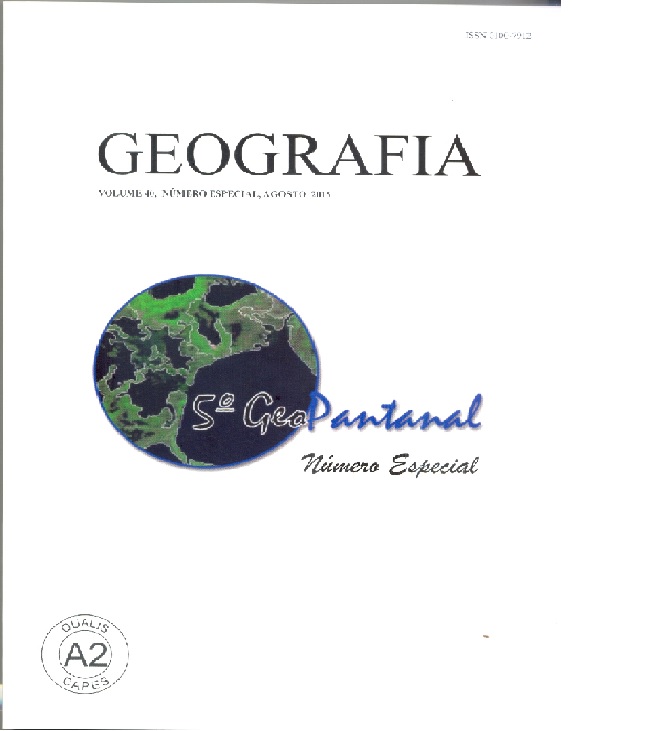METHODOLOGY FOR ANALYSIS OF DISTRIBUTION AND CLASSIFICATION OF THE INTENSITY OF DEQUADA FISH KILL EVENTS IN THE PANTANAL WETLAND
Abstract
Extensive fish mortality occurs occasionally in the Pantanal wetland and the phenomenon is called dequada by local inhabitants. The phenomenon originates by deterioration water quality in rivers and lakes, and the depletion of dissolved oxygen (DO) is the major indicator. Researches have shown that dequada occurs when DO reaches values lower than 3 mg/L. In addition, the duration of these low DO values determines the intensity of fish mortality. This paper presents a proposed classification of dequada event, using water quality data for Pantanal rivers surveyed by National Agency of Water (ANA). The proposed method has qualitative and quantitative bases and utilizes mean DO value and duration of these values, based on historical series of DO measurements. The results are compared to other studies of the dequada phenomenon, showing that the method is efficient to determine locales with higher probability of dequada. The Paraguay River has displayed highest dequada intensity. The rivers with narrower floodplains, such as Piquiri River, do not have dequada or the intensity is lower. The phenomenon is shown to be linked to basin hydrological conditionsDownloads
Published
How to Cite
Issue
Section
License
The authors maintain the copyright and grant GEOGRAFIA the right of first publication, with the articles simultaneously licensed under the Creative Commons BY 4.0 License, which allows sharing and adapting the articles for any purpose, as long as appropriate credits and provisions of image rights, privacy or moral rights. Other legal attributions can be accessed at: https://creativecommons.org/licenses/by/4.0/legalcode.en.
Geography, Rio Claro, SP, Brazil - eISSN 1983-8700 is licensed under the Creative Commons BY 4.0 License.





